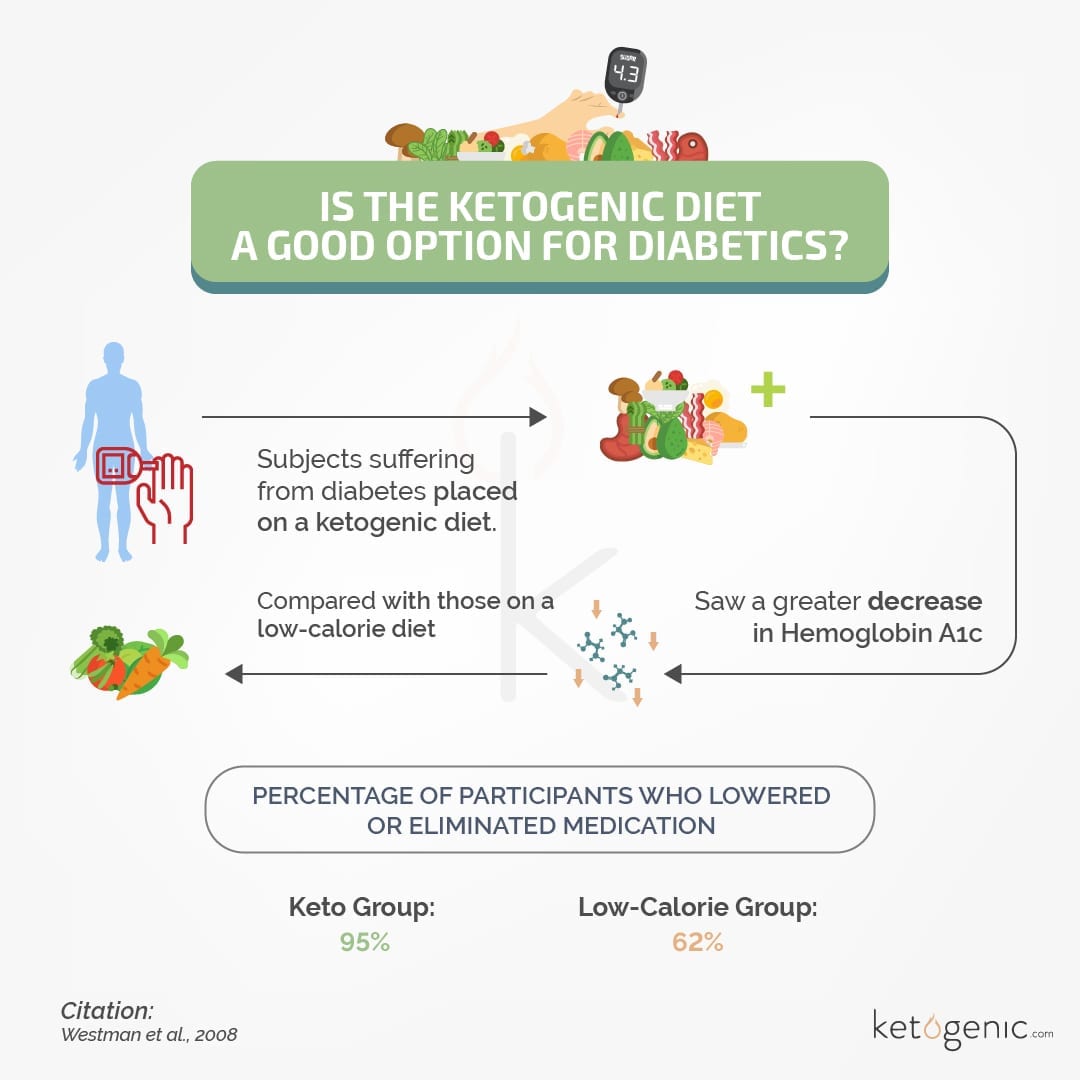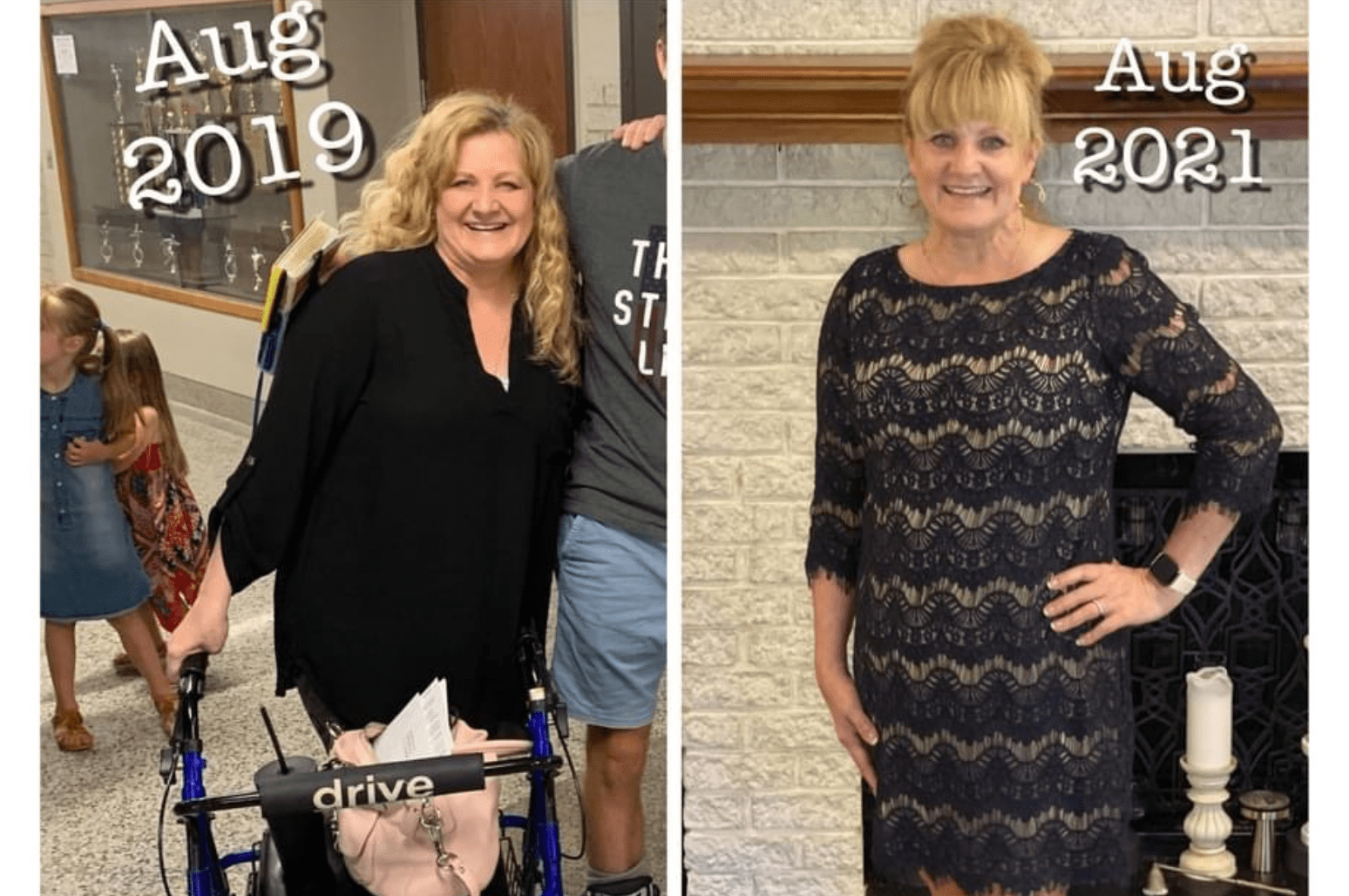
In many ways, men and women are the same, and in many ways men and women are different. Does intermittent fasting (IF) affect women differently from men? Is fasting healthy for women? How does IF affect women’s hormones? Let’s discuss intermittent fasting for women.
What Is Intermittent Fasting?
Intermittent fasting describes a pattern of eating and not eating. IF focuses on when to eat rather than what to eat by incorporating fasting and feeding windows into your schedule. Fasting means you refrain from eating food for a certain time period, which gives your digestive system a break.
Our ancestors had to deal with unpredictable periods of feast and famine, making them more metabolically adapted. Today, most people fast overnight during sleep and break the fast in the morning with breakfast.
Intermittent fasting involves fasting at specific intervals, and it’s been shown to be beneficial for weight and fat loss, diabetes, heart disease, improving psychological well-being, reducing inflammation, and preserving muscle mass. Inflammation is a key driver for countless chronic diseases. [1] [2] [3]
IF also means less time in the kitchen and fewer meals to plan, prep, and cook.
It’s common for keto dieters to practice short-term intermittent fasting between 12-24 hours, but some occasionally practice long-term fasting for 24 hours or longer to yield other health benefits. Others fast on alternate days or fast for 24 hours two days a week.

Is Intermittent Fasting Different for Women?
Some evidence shows intermittent fasting might be more beneficial for men than women, but this doesn’t mean there aren’t still important health benefits for women.
Some women claim they experienced changes to their menstrual cycle after fasting, which could be partly because female bodies seem especially sensitive to calorie restriction. Fasting for too long or too frequently might affect a part of the brain called the hypothalamus.
This could disrupt secretion of gonadotropin-releasing hormone (GnRH), a hormone that aids the release of two reproductive hormones: follicle-stimulating hormone (FSH) and luteinizing hormone (LH). When the ovaries and hormones aren’t communicating properly, there’s a heightened risk of infertility, poor bone health, irregular periods, and more. [4] [5]

Restricting calories can lower progesterone levels, so it’s important women are eating a balanced diet and getting sufficient nutrition and calories to support their energy needs. [6]
On the other hand, obese women with PCOS who restricted calories to 1,000 per day for one week saw increased levels of the luteinizing hormone that regulates ovulation, showing possible benefits of calorie restriction for the female reproductive system. [7]
Of course, not all women are the same, but women might need to consider a modified approach to intermittent fasting. Women that are going through menopause might also require a different and more tailored approach to IF. More long-term research on IF and how it affects women are needed.
What are the Benefits of Intermittent Fasting for Women?
Intermittent fasting has plenty of benefits for women. Here are some of the most widely researched and discussed:
Weight Loss
IF could help you along your weight loss journey. Regular short-term fasts could help you shed pounds and consume fewer calories.
When it comes to short-term weight loss, several studies reveal IF is as effective as traditional calorie-restricted diets. [8]
A review highlighted how IF decreased body weight by 3-8% in obese or overweight adults over the course of 3-24 weeks. Participants had also reduced their waist circumference by 3-7%! [9]
Another review of studies in overweight adults over a 3-12 month period showed IF led to an average weight loss of 15 lbs (6.8 k.g). [10]
More research is needed on the long-term effects of intermittent fasting on weight loss for women. In the short term, IF seems to assist weight loss, but this could also depend on how long you incorporate IF and the number of calories and type of foods you consume.
A ketogenic diet has proven helpful for women pursuing weight loss, and many women pair a keto diet with intermittent fasting for best results.
IF might also help you eat less and regulate hunger hormones. For example, one study in 24 healthy men and women examined how a long 36-hour fast affected eating habits. Even though the study participants ate more calories on the post-fast day, they significantly reduced their total calorie balance by 1,900 calories. [11]

Heart Health
Some research shows IF might boost heart health. One study of a small number of obese women and men revealed in just eight weeks, intermittent fasting decreased blood pressure by 6% and lowered triglycerides by 32% and LDL cholesterol by 25%.
High levels of triglycerides and certain types of LDL cholesterol are considered risk factors for heart disease.
Diabetes
You know the ketogenic diet can be a useful tool for managing diabetes, and IF might also be useful. IF appears to lower some of the risk factors for diabetes, mostly by lowering insulin levels and improving insulin sensitivity. [12] [13]
A randomized controlled study of over 100 obese or overweight women showed six months of IF reduced insulin resistance by 19% and insulin levels by 29%. [14]
Some research on people with prediabetes concluded IF lowered blood sugar levels by 3-6% and insulin levels by 20-31% over 8-12 weeks.

What are the Best Types of Intermittent Fasting for Women?
There isn’t a one-size-fits-all approach when it comes to diet, lifestyle, or intermittent fasting. Overall, if you’re a woman, you should take a more relaxed approach to fasting and take time to figure out what feels best for you.
You might feel better with fewer fasting days, shorter fasting periods, and/or eating a small number of calories on some fasting days.
The most popular fasting methods for women include:
Eat-Stop-Eat
Start with 14-16 hour fasts and work your way up to a 24-hour full fast once or twice weekly.
Crescendo Method
With this method, you fast for 12 hours to 16 hours for two to three days a week. Make sure your fasting days are nonconsecutive and spaced out evenly across your week. For example, you could fast Monday, Wednesday, and Friday.
The 5:2 Diet or the Fast Diet
For two days a week, you restrict your calories to 25% of what you usually eat, which should be around 500 calories. Eat normally the other five days and allow one day between fasting days.
The 16/8 Method or the Leangains Method
This method involves fasting for 16 hours a day and consuming all calories in an eight-hour eating window. It’s advised you start with 14-hour fasts and gradually build up to 16 hours.
Modified Alternate-Day Fasting
Eat normally on your non-fasting days but make sure you’re fasting every other day. On a fasting day, you can consume 20-25% of your typical calorie intake, which should be around 500 calories.
Some women also try fat-fasting, which isn’t technically fasting, but it mimics the biological effects of fasting.
Is Modified Intermittent Fasting Safe for Women?
While some studies show side effects, such as lack of concentration, headaches, and mood swings, IF has been shown to yield various health benefits. Modified versions of IF appear to be safe for most women.
It’s especially important to seek a medical consultation if you:
- Have diabetes or blood sugar issues
- Have a history of disordered eating
- Are pregnant, breastfeeding, or trying to conceive,
- Have a history of amenorrhea (missed or irregular periods)
- Are underweight, malnourished, or have nutritional deficiencies
If you begin intermittent fasting and you notice any problems or negative changes, stop immediately and visit your healthcare practitioner or doctor for medical guidance.
Whatever you choose, it’s crucial you’re eating healthy, nutrient-dense meals to break your fast. You might not obtain the same weight loss results or health benefits if you’re eating a large amount of calorie-dense, unhealthy foods during the non-fasting periods.
Concluding Thoughts
The right approach for you is the one you can sustain long-term and incorporate into your lifestyle without feeling overwhelmed or overthinking it. It might take time to determine how you can become the most metabolically adapted and which method is best for you.
You’ve likely had experience fasting before when you’ve occasionally decided to skip breakfast or dinner. The easiest way to start is to choose a method and give it a go, but you don’t need to worry about being too structured as you become accustomed to the IF lifestyle. You could just fast when it suits you by skipping meals sometimes when you don’t feel hungry or when you don’t have time to cook.
To summarize:
- Intermittent fasting is a dietary pattern involving regular, short-term fasts and fasting and feeding windows
- IF might be beneficial for heart health, weight loss, reducing inflammation, diabetes, and more
- Some women report side effects and have more difficulty with certain types of fasting
- The best types for women include modified alternate-day fasting, the 5:2 diet, and daily 14-16 hour fasts.
- More research is needed on the long-term effects of fasting in women
- Modified versions of IF appear to be safe for most women and might be a more suitable choice than stricter or longer fasts
If you’re a woman interested in improving your health or losing weight, you might consider intermittent fasting.
References
Heilbronn, L. K., Smith, S. R., Martin, C. K., Anton, S. D., & Ravussin, E. (2005). Alternate-day fasting in nonobese subjects: Effects on body weight, body composition, and energy metabolism. American Journal of Clinical Nutrition, 81(1), 69-73. DOI: 10.1093/ajcn/81.1.69
Varady, K. A., Bhutani, S., Church, E. C., & Klempel, M. C. (2009). Short-term modified alternate-day fasting: A novel dietary strategy for weight loss and cardioprotection in obese adults. American Journal of Clinical Nutrition, 90(5), 1138-1143. DOI: 10.3945/ajcn.2009.28380
Hoddy, K. K., Kroeger, C. M., Trepanowski, J. F., Barnosky, A. R., Bhutani, S., & Varady, K. A. (2015). Safety of alternate day fasting and effect on disordered eating behaviors. Nutr J, DOI: 10.1186/s12937-015-0029-9
Meczekalski, B., Katulski, K., Czyzyk, A., Podfigurna-Stopa, A., & Maciejewska-Jeske, M. (2014). Functional hypothalamic amenorrhea and its influence on women’s health. J Endocrinol Invest, 37(11), 1049-56. DOI: 10.1007/s40618-014-0169-3
Meczekalski, B., Podfigurna-Stopa, A., Warenik-Szymankiewicz, A., & Genazzani, A. R. (2008). Functional hypothalamic amenorrhea: Current view on neuroendocrine aberrations.Gynecol Endocrinol, 24(1), 4-11. DOI: 10.1080/09513590701807381
Vitzthum, V. J., Spielvogel, H., & Thornburg, J. (2004). Interpopulational differences in progesterone levels during conception and implantation in humans. PNAS, 101(6), 1442-8. https://doi.org/10.1073/pnas.0302640101
Van Dam, E. W. C. M., Roelfsema, F., Veldhuis, J. D., Helmerhorst, F. M., Frolich, M., Meinders, A. E., Krans, H. M. J., & Pijl, H. (2002). Increase in daily LH secretion in response to short-term calorie restriction in obese women with PCOS. Am J Physiol Endocrinol Metab, 282(4), E865-72. DOI: 10.1152/ajpendo.00458.2001
Seimon, R. V., Roekenes, J. A., Zibellini, J., Zhu, B., Gibson, A. A., Hills, A. P., Wood, R. E., King, N. A., Byrne, N. M., & Sainsbury, A. (2015). Do intermittent diets provide physiological benefits over continuous diets for weight loss? A systematic review of clinical trials. Mol Cell Endocrinol, DOI: 10.1016/j.mce.2015.09.014
Barnosky, A. R., Hoddy, K. K., Unterman, T. G., & Varady, K. A. (2014). Intermittent fasting vs daily calorie restriction for type 2 diabetes prevention: A review of human findings. Transl Res, 164(4), 302-11. DOI: 10.1016/j.trsl.2014.05.013
Harris, L., Hamilton, S., Azevedo, L. B., Olajide, J., De Brun, C., Waller, G., Whittaker, V., Sharp, T., Lean, M., Hankey, C., & Ells, L. (2018). Intermittent fasting interventions for treatment of overweight and obesity in adults: A systematic review and meta-analysis. JBI Database System Rev Implement Rep, 16(2), 507-547. DOI: 10.11124/JBISRIR-2016-003248
Johnstone, A. M., Faber, P., Gibney, E. R., Elia, M., Horgan, G., Golden, B. E., & Stubbs, R. J. (2002). Effect of an acute fast on energy compensation and feeding behaviour in lean men and women. Int J Obes Relat Metab Disord, 26(12), 1623-8. DOI: 10.1038/sj.ijo.0802151
Rothschild, J., Hoddy, K. K., Jambazian, P., & Varady, K. A. (2014). Time-restricted feeding and risk of metabolic disease: A review of human and animal studies. Nutrition Reviews, 72(5), 308-18. DOI: 10.1111/nure.12104
Fayh, A. P. T., Lopes, A. L., Fernandes, P. R., Reischak-Oliveira, A., & Friedman, R. (2013). Impact of weight loss with or without exercise on abdominal fat and insulin resistance in obese individuals: A randomised clinical trial. British Journal of Nutrition, 110(3), 486-92. DOI: 10.1017/S0007114512005442
Harvie, M. N., Pegington, M., Mattson, M. P., Frystyk, J., Dillon, B., Evans, G.,…Howell, A. (2011). The effects of intermittent or continuous energy restriction on weight loss and metabolic disease risk markers: A randomized trial in young overweight women. Int J Obes (Lond), 35(5), 714-27. DOI: 10.1038/ijo.2010.171










